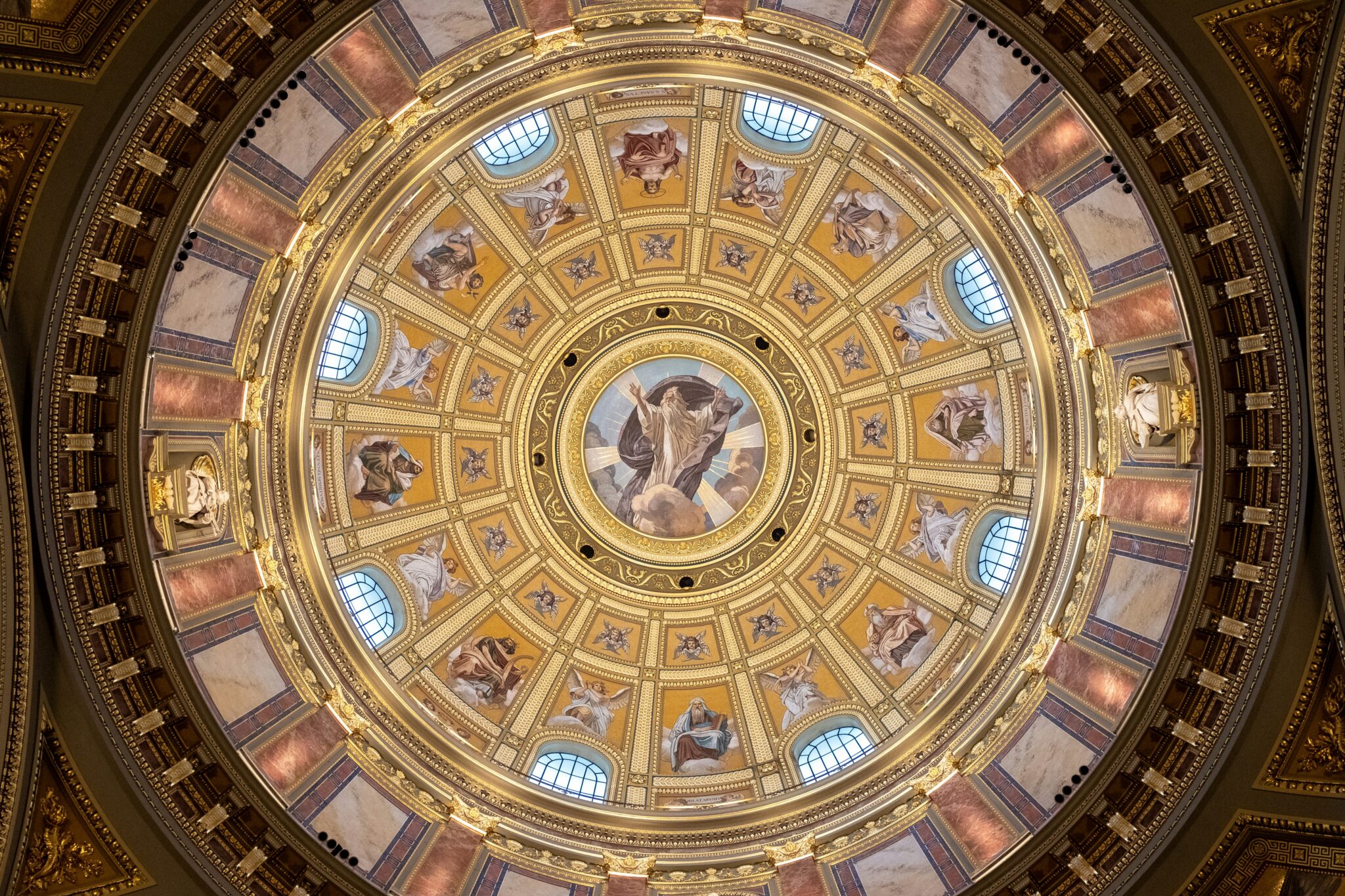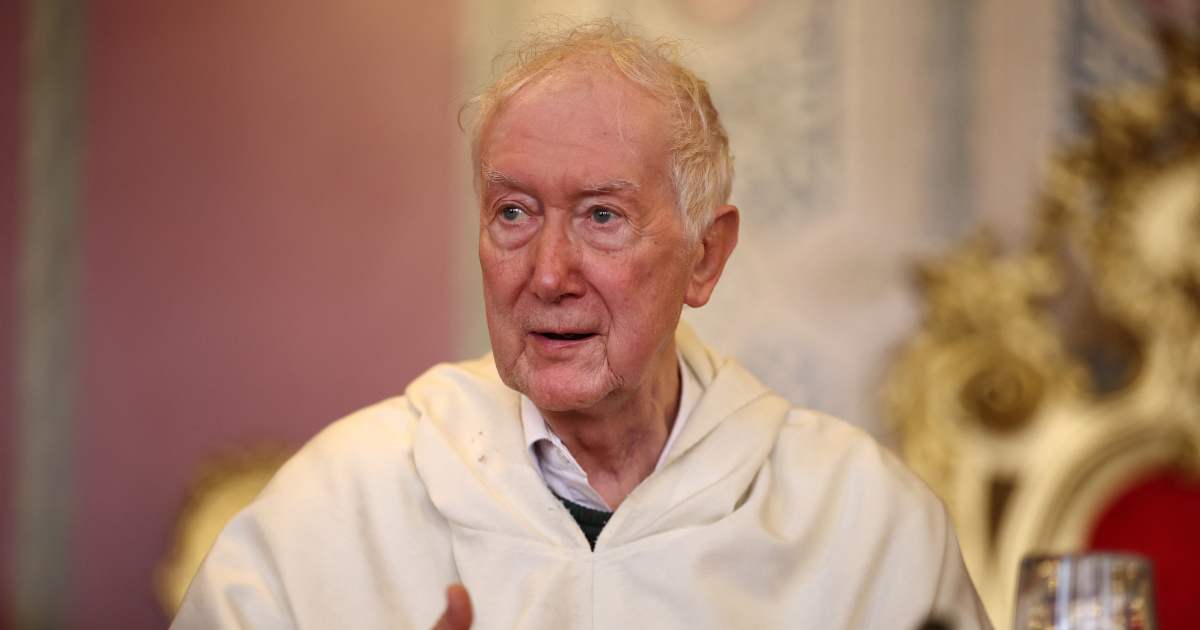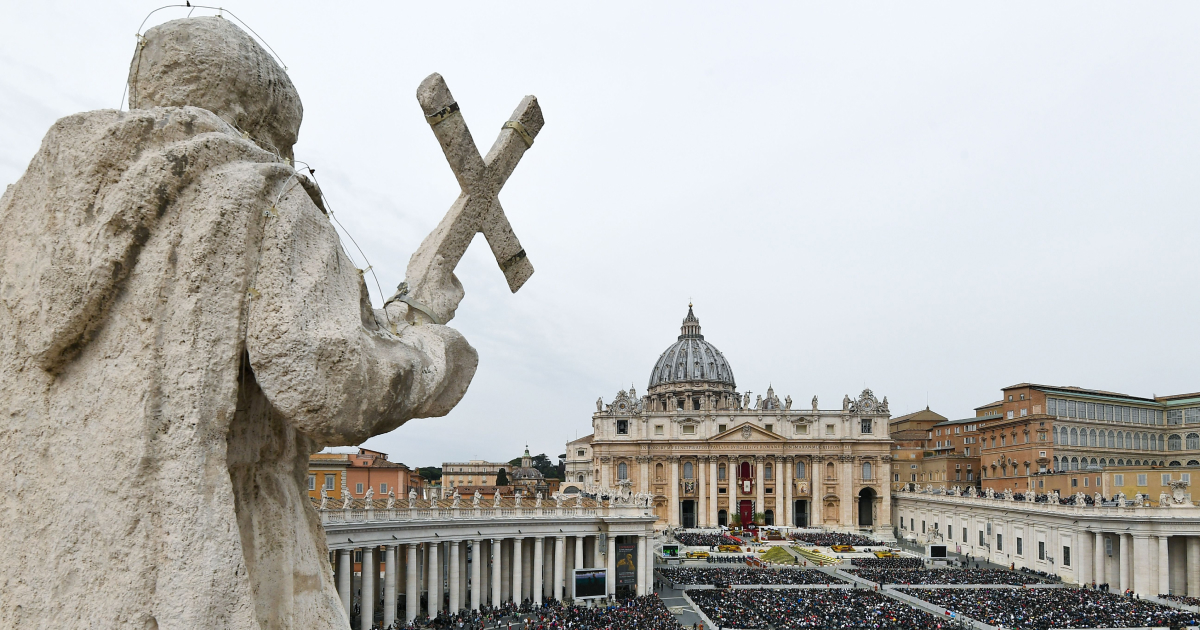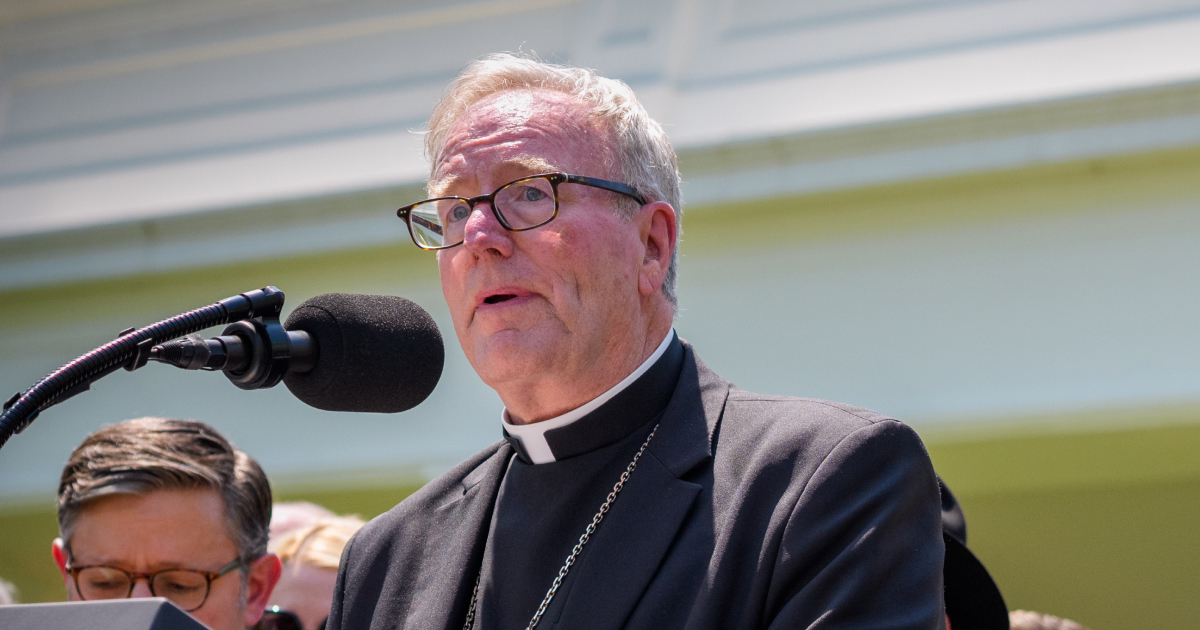Throughout the Easter season we read large chunks of the Acts of the Apostles, and this month we celebrate two of the events related therein, namely the Ascension and Pentecost. One thing seems very clear: that St Luke wrote the Acts of the Apostles as a sequel to his Gospel, and he intends to continue to present his “accurate and orderly” account (cf Luke 1:3), extending it beyond the earthly life of Jesus to cover his continued work, through the Holy Spirit, in the life of the Church.
As with the Gospel, to say that Acts is “orderly” is not to make the claim that every-thing happened exactly in the chronological order Luke gives us. He shapes his narrative in such a way as to present us with theological truth, not bare historical facts. The shaping principle, I suggest, is that the work of the Holy Spirit replicates in the lives of believers the pattern of prophetic and messianic life enacted by Jesus. This very Pauline vision recognises that the working of the Spirit of God in free human acts did not stop with Jesus but continues in the lives of his disciples.
This Holy Spirit is both one of the key theological themes of Acts and its principal actor. The Spirit is, famously, poured out upon the Apostles at Pentecost, but this is only the first of five outpourings. The others are at 4:28-31, which marks the beginning of the life of the Church beyond that initial group in the upper room, a life marked by the sharing of goods; 8:15-17, in which the Church is extended from Judaea to Samaria; 10:44, in which the Spirit is first received by Gentile converts in Palestine; and 19:6, in which the Spirit is received by pagans in Corinth. So we can see how the receiving of the Holy Spirit demarcates new phases in the geographical and ethnic progress of the Church’s mission.
The Holy Spirit, of course, is at work in spectacular manifestations, like that at Pentecost, and in various miracles. But crucially it also grants those who receive it the ability to imitate Christ in his suffering and endurance. A prime example of this is in the martyrdom of St Stephen, so clearly patterned on that of
Christ himself, but we are explicitly told that throughout it all Stephen was “filled with the Holy Spirit” (7:55). This same gift of the Spirit also enabled Stephen to preach, and indeed his speech at his trial – of which we only hear excerpts in the lectionary – is the longest speech in the whole of Acts, and the clearest expression of St Luke’s theology of the Church. While overtly answering the charge that he spoke against the Temple, he is actually responding to the accusation that Christians are renegade Jews who have rejected their own birthright; he responds that it is the Christian Church which is the authentic continuation and expression of the People of God.
In making his defence, Stephen covers large chunks of Israel’s history, but his principal interest is in Moses. He explains how Moses visited his people, was initially rejected by them and went into exile where he encountered God and received power from him, returning to work signs and wonders and so offer salvation to his people. But those same people rejected Moses a second time at the incident of the Golden Calf. Stephen suggests that the rejection of Jesus by the priestly authorities in Jerusalem parallels the first rejection of Moses. The Church has now received power from on high from God and is working wonders and offering salvation: if the Sanhedrin now reject the Church – in the person of Stephen – they are rejecting Christ for a second time, and this will be definitive.
This rejection, alas, is inevitable. The rulers of the Jewish people have hardened their hearts to God, after the pattern of their ancestors. Stephen says: “Which of the prophets did your ancestors not persecute? They killed those who foretold the coming of the Righteous One, and now you have become his betrayers and murderers” (Acts 7:52). Yet God’s response to this rejection of Jesus was the Resurrection, followed closely by the Ascension and Pentecost, which together make up a single event of vindication. The outpouring of the Holy Spirit is fittingly celebrated as the culmination of the Easter season because through it the active presence of the Risen Christ is made manifest in the life and mission of the Church.
God has kept his promises not only to Jesus, but to Israel and to the world.
This article originally appeared in the May 2024 issue of the Catholic Herald. To subscribe to our award-winning, thought-provoking magazine and have independent and high-calibre counter-cultural Catholic journalism delivered to your door anywhere in the world click here.
Throughout the Easter season we read large chunks of the Acts of the Apostles, and this month we celebrate two of the events related therein, namely the Ascension and Pentecost. One thing seems very clear: that St Luke wrote the Acts of the Apostles as a sequel to his Gospel, and he intends to continue to present his “accurate and orderly” account (cf Luke 1:3), extending it beyond the earthly life of Jesus to cover his continued work, through the Holy Spirit, in the life of the Church.
As with the Gospel, to say that Acts is “orderly” is not to make the claim that every-thing happened exactly in the chronological order Luke gives us. He shapes his narrative in such a way as to present us with theological truth, not bare historical facts. The shaping principle, I suggest, is that the work of the Holy Spirit replicates in the lives of believers the pattern of prophetic and messianic life enacted by Jesus. This very Pauline vision recognises that the working of the Spirit of God in free human acts did not stop with Jesus but continues in the lives of his disciples.
This Holy Spirit is both one of the key theological themes of Acts and its principal actor. The Spirit is, famously, poured out upon the Apostles at Pentecost, but this is only the first of five outpourings. The others are at 4:28-31, which marks the beginning of the life of the Church beyond that initial group in the upper room, a life marked by the sharing of goods; 8:15-17, in which the Church is extended from Judaea to Samaria; 10:44, in which the Spirit is first received by Gentile converts in Palestine; and 19:6, in which the Spirit is received by pagans in Corinth. So we can see how the receiving of the Holy Spirit demarcates new phases in the geographical and ethnic progress of the Church’s mission.
The Holy Spirit, of course, is at work in spectacular manifestations, like that at Pentecost, and in various miracles. But crucially it also grants those who receive it the ability to imitate Christ in his suffering and endurance. A prime example of this is in the martyrdom of St Stephen, so clearly patterned on that of
Christ himself, but we are explicitly told that throughout it all Stephen was “filled with the Holy Spirit” (7:55). This same gift of the Spirit also enabled Stephen to preach, and indeed his speech at his trial – of which we only hear excerpts in the lectionary – is the longest speech in the whole of Acts, and the clearest expression of St Luke’s theology of the Church. While overtly answering the charge that he spoke against the Temple, he is actually responding to the accusation that Christians are renegade Jews who have rejected their own birthright; he responds that it is the Christian Church which is the authentic continuation and expression of the People of God.
In making his defence, Stephen covers large chunks of Israel’s history, but his principal interest is in Moses. He explains how Moses visited his people, was initially rejected by them and went into exile where he encountered God and received power from him, returning to work signs and wonders and so offer salvation to his people. But those same people rejected Moses a second time at the incident of the Golden Calf. Stephen suggests that the rejection of Jesus by the priestly authorities in Jerusalem parallels the first rejection of Moses. The Church has now received power from on high from God and is working wonders and offering salvation: if the Sanhedrin now reject the Church – in the person of Stephen – they are rejecting Christ for a second time, and this will be definitive.
This rejection, alas, is inevitable. The rulers of the Jewish people have hardened their hearts to God, after the pattern of their ancestors. Stephen says: “Which of the prophets did your ancestors not persecute? They killed those who foretold the coming of the Righteous One, and now you have become his betrayers and murderers” (Acts 7:52). Yet God’s response to this rejection of Jesus was the Resurrection, followed closely by the Ascension and Pentecost, which together make up a single event of vindication. The outpouring of the Holy Spirit is fittingly celebrated as the culmination of the Easter season because through it the active presence of the Risen Christ is made manifest in the life and mission of the Church.
God has kept his promises not only to Jesus, but to Israel and to the world.
<strong><strong>This article originally appeared in the May 2024 issue of the <em>Catholic Herald</em>. To subscribe to our award-winning, thought-provoking magazine and have independent and high-calibre counter-cultural Catholic journalism delivered to your door anywhere in the world click</strong> <mark style="background-color:rgba(0, 0, 0, 0)" class="has-inline-color has-vivid-cyan-blue-color"><a href="https://catholicherald.co.uk/subscribe/?swcfpc=1">h</a></mark><a href="https://catholicherald.co.uk/subscribe/?swcfpc=1"><mark style="background-color:rgba(0, 0, 0, 0)" class="has-inline-color has-vivid-cyan-blue-color">ere</mark></a>.</strong>


















